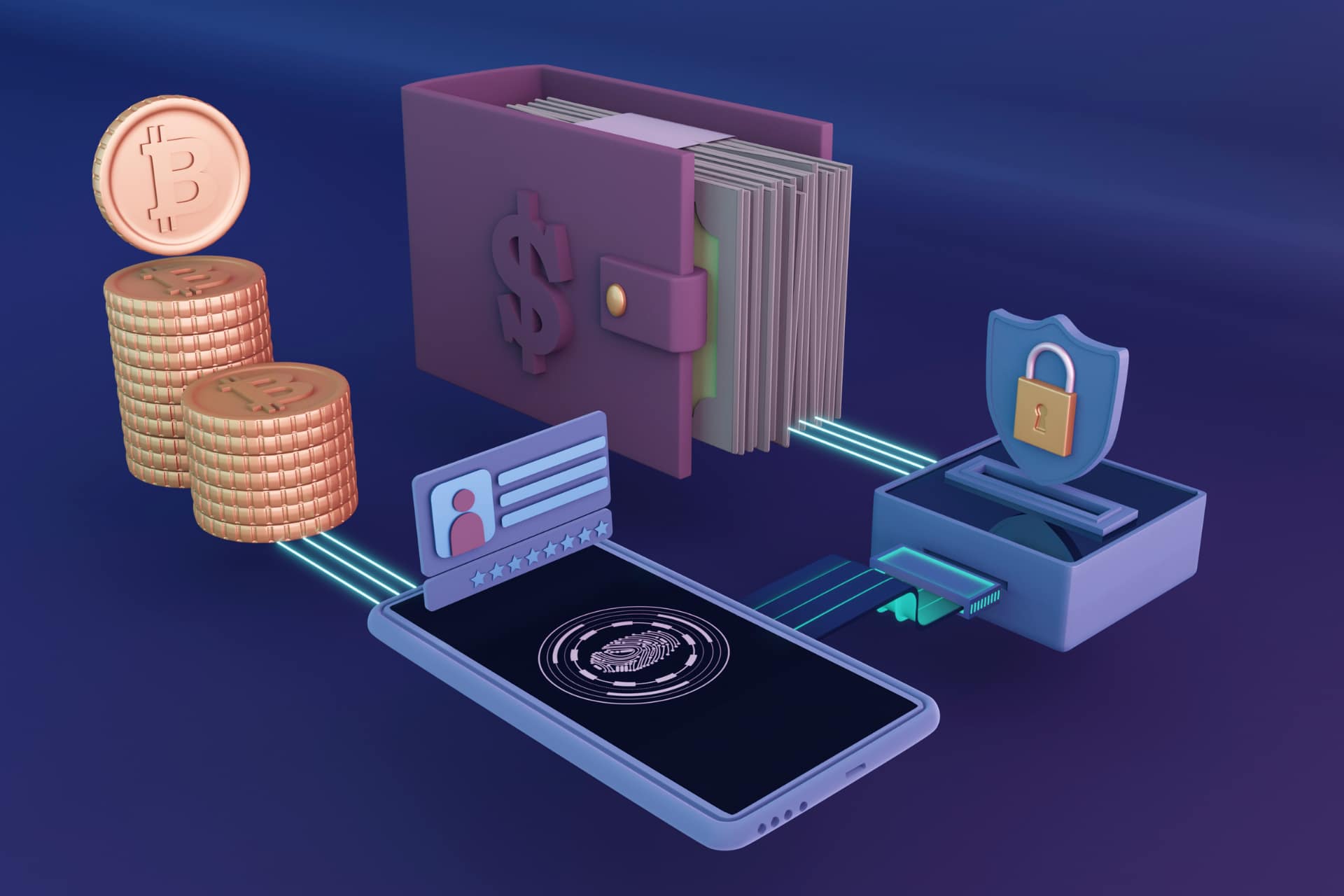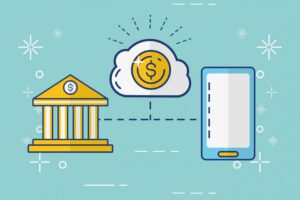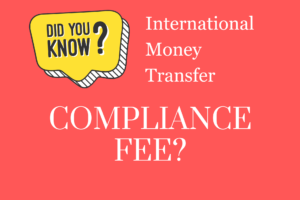To maintain access to your cryptocurrency funds, getting a crypto wallet is definitely a must. A crypto wallet holds your private keys and also allows you to send and receive cryptocurrencies. Surely you wouldn’t want to get locked out of your own funds, so having a crypto wallet ensures that all your private keys are accessible to you at any time. However, just like a normal wallet, you need to keep it safe from the prying eyes of thieves—in this case, from cybercriminals.
Are you sure you’re keeping your cryptocurrency wallets safe? Here are some mistakes that you should avoid making if you want your wallet to stay secure.
1. Not Creating Backups
Given how vital private keys are in accessing your crypto, losing your wallet might as well mean saying goodbye to your funds. Hence, it’s always important to create backups for your crypto wallets in case it gets damaged or lost. Not creating backups opens you up to various risks, including potential theft, hardware failure, or even accidental deletion, leaving you unable to recover your assets.
There are multiple ways to backup a wallet, depending on your needs and your wallet. You can look into hardware backups such as buying a physical device to store your keys or seed phrases or you can also just simply have them written down on paper. Likewise, there are also online backup options, though of course, you would need to ensure they’re on trusted platforms for security reasons.
Moreover, make sure you’re particular about the storage of your backups, and consider making multiple copies of them if possible. For example, you may have the backup of your XMR wallet in an offline device and also printed as a physical document, both of which you can store in different locations for the added security of your Monero funds.
2. Sharing Sensitive Information
While it may seem obvious to never share passwords to anyone, you’d be surprised how many people still inadvertently let slip of such sensitive information. This is usually because they feel like they can trust the other person enough or it can also be that they fall victim to phishing or social engineering, wherein someone pretends to be a trusted entity to gain key information about one’s account.
A good rule of thumb to practice here is to just never trust anyone else with your password, keys, or other sensitive account information. If you were thinking of telling them to someone else as a precaution in case you forget, then you’re better off making backups instead. It simply isn’t worth the risk.
3. Using Unsecure Connections When Accessing Your Wallet
Since your crypto wallet would need internet access for you to make transactions and update its balance, it can still be vulnerable to cyber criminals or hackers. Of course ,you can lessen the risks of any cyber attack happening by taking necessary precautions. One is to ensure you’re only accessing your wallet when you’re using a trusted connection, such as your home network. Avoid making crypto transactions while connected to a public Wi-Fi, no matter how convenient it may seem, as they’re usually not secure.
Likewise, be sure you’re using a trustworthy and secure wallet. See to it that your chosen wallet supports safety features such as two-factor authentication and also offers regular security patches.
4. Falling for Phishing Scams
Always be wary of suspicious emails or login pages that prompt you to provide your credentials. Often, hackers would scare you with the possibility that your account has been compromised, or instead, they might offer you big returns if you respond with the information they need. Of course, both are just bait to lure you into their trap.
Always double-check to see if the login pages you’re entering your information into are on the legitimate platforms or websites. Likewise, always be skeptical about offers and investment opportunities; if it all seems too good to be true, then that is most likely the case.
5. Having Weak Passwords
Being discreet about your password should also come with the assumption that you have a strong password to begin with. A strong password is one made with a mix of alphanumeric characters, uppercase and lowercase letters, and even special characters if possible. Avoid using weak passwords such as your birthday or name, as this can be easily guessed or broken into by hackers to gain access to your crypto wallet.
6. Not Keeping Updated with Related Crypto News
The great thing about having a community is being able to share news and updates easily so that everyone can stay informed. Hence, don’t make the mistake of ignoring the latest news in your circle. Try to stay on top of crypto news to catch any new scams or phishing tactics that you may need to watch out for. Doing this also ensures you know any new security measures that may be implemented by your crypto wallet.
Complacency and lack of initiative when it comes to account security can lead to various risks that may compromise your crypto wallet, which can then cost you all of your funds. So, make sure to review the mistakes highlighted in this article to know what you shouldn’t be doing and instead take on a more active approach to ensure your crypto wallet stays secure.
—
This page was last updated on April 24, 2024.
–




